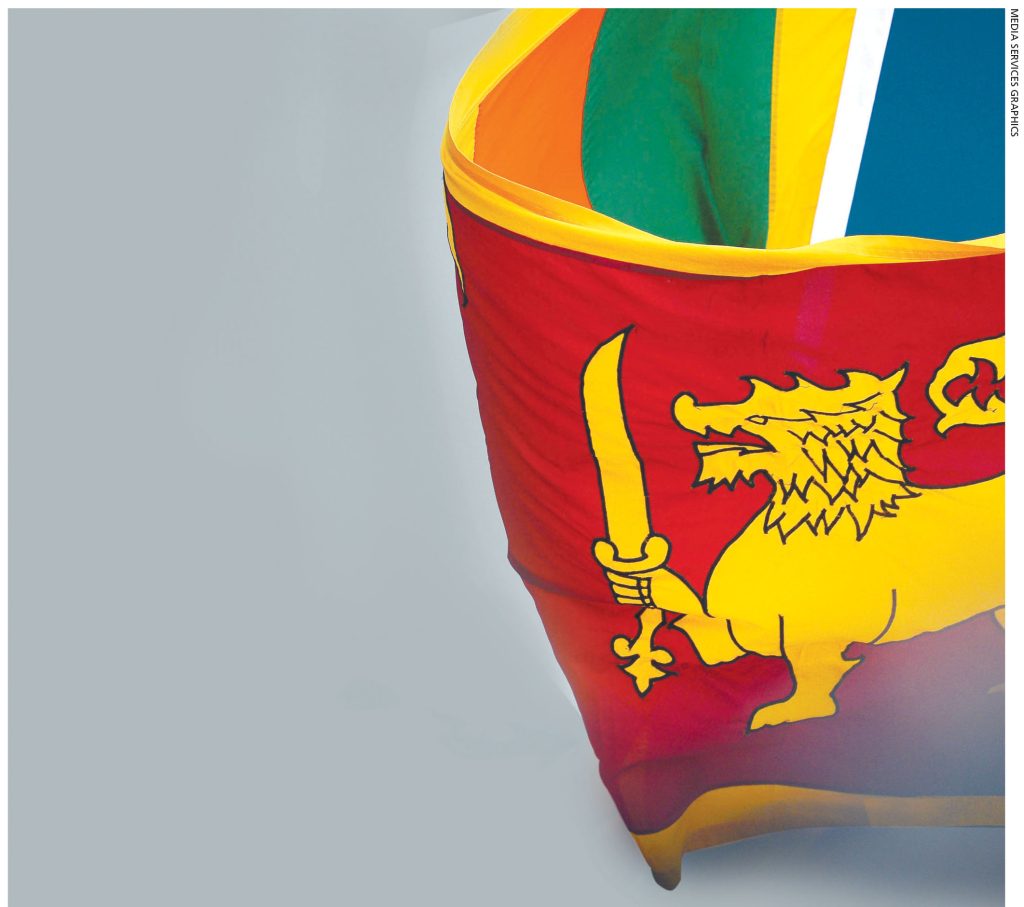THE BIG PICTURE
THE STATE OF PLAY “Sri Lanka’s fiscal performance through the first half of this year tells a story of discipline and strain,” writes LMD’s economics columnist Shiran Fernando, in this edition.


He explains that “on the one hand, revenue mobilisation has outpaced expectations, the primary balance is continuing to deliver beyond targets and headline indicators of debt sustainability are holding steady.”
“On the other hand, the country is spending far less than it had planned on public investment, raising questions about growth momentum at a time when the economy needs renewed dynamism,” Fernando adds.
So on the economic front, Sri Lanka’s footing appears to be holding – for the time being at least.
Meanwhile, this magazine’s longstanding political commentator Dr. Jehan Perera would like to see the long deferred provincial council elections held sooner rather than later.
He cites the need for reforms to restrict the governors’ powers to matters of serious national concern such as a breakdown of law and order, and subject them to judicial review, adding: “Only then will provincial governance become meaningful.”
“This line of thinking opens a wider horizon: democracy requires both an effective government and an effective opposition. Without an opposition that can exercise power somewhere within the system, politics risks sliding into one-party dominance,” Perera cautions.
And he continues: “By accepting provincial councils, the opposition can show that power sharing is not only a demand of ethnic minorities but also a mechanism that strengthens democracy. And the government too will benefit. Far from weakening its mandate, devolution will widen democratic participation and create avenues for consensus in a divided society.”
At the same time, Wijith DeChickera –LMD’s Editor-at-Large – wonders if great expectations of a polity for ‘system change’ will work up to a big bang or fizzle out to end with a whimper.
He writes in his State of the Nation column: “If the government’s bona fides are not established in terms of its probity where prosecution of past political leaders and their attendant officials is not fair, open to opposition review and public scrutiny through right to information (RTI) mechanisms however, the putative vindictiveness of vengeful political machines may well scupper what was meant to be a reforms process aimed at ensuring that neglected social justice was done.”
And as he notes, “in that event, voter citizens – as usual and always – will have the last word at the next poll.”
In the aftermath of the arrest and subsequent release of the former president, which may well have been among the most controversial episodes in this our precious nation’s legal history, there is now a renewed focus on accountability – albeit that at times, this can rest on one side or the other of a thick grey line.
At the same time, the hope of the impartial citizenry must surely be on impartiality: the systemic flaws that many commentators have cited must also be addressed as Sri Lanka seeks justice and retribution for alleged malpractices, so that powers of the law enforcement authorities aren’t misused as a result of politically motivated demands.
Sri Lanka is certainly at a crossroads.





